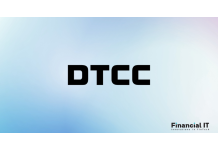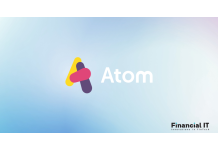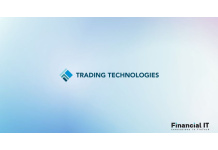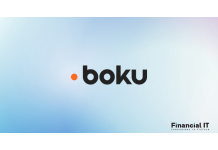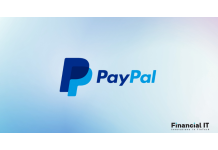DTCC’s FICC and BNY Launch Collateral-in-Lieu Service
- 02.01.2026 12:10 pm
Clearwater Analytics to Be Acquired for $8.4 Billion...
- 22.12.2025 03:25 pm
Globant Achieves AWS Financial Services Competency,...
- 22.12.2025 09:15 am
Atom Bank Achieves 22% Reduction in Operational Carbon...
- 18.12.2025 02:55 pm
U.S. Bank Avvance Expands Embedded Financing Network...
- 18.12.2025 09:45 am
Trading Technologies Acquires OpenGamma, Leader in...
- 18.12.2025 09:25 am
Gatehouse Bank Introduces Limited Edition Refinance...
- 18.12.2025 09:05 am
Basware’s Acquisition of Redmap Signals a New Era for...
- 17.12.2025 10:45 am
Boku Momentum: Revenue Jumps 34% As Global Giants...
- 17.12.2025 10:40 am
Audi Revolut F1 Team Reveals Official Name, Logo and...
- 16.12.2025 12:45 pm
PayPal Submits Applications to Establish an Industrial...
- 16.12.2025 11:15 am
Royal London Cuts Reconciliation Workload by 70% with...
- 16.12.2025 10:05 am


